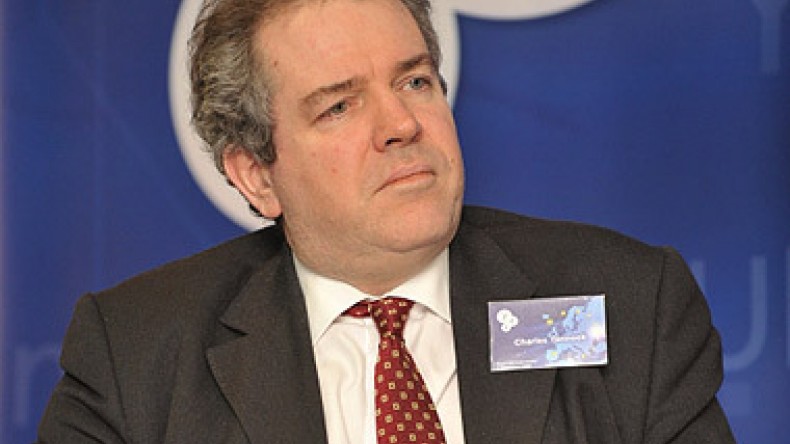
MEP Charles Tannock: War over Nagorno Karabakh would have global consequences; greater efforts are needed to secure peace
On the latest escalation of hostilities in the Nagorno Karabakh conflict zone and on the recent Azerbaijani aggression Panorama.am has spoken to the Member of the European Parliament for London Charles Tannock.
- Dr. Tannock, recently there has been a marked escalation of tensions in the Nagorno Karabakh conflict zone (involving human losses) as Azerbaijan made armed attacks and sabotage not only on the border with Nagorno Karabakh but also on the border with the Republic of Armenia; Azerbaijan's president also openly threatening Armenia with war. Could you please comment on these developments? What assessment should be given to these actions?
- The recent escalation in violence between Armenia and Azerbaijan over NK is the worst in twenty years and the calibre of weapons used most recently by Azerbaijan has been higher and more lethal. This is happening at a time in mid summer with much of the western world's leadership on holiday and due to the serious events in Gaza, Syria and Iraq not to mention eastern Ukraine the global media has not been paying much attention to this dangerous developing and unstable situation in the South Caucasus. Russia has been concerned with President Putin hosting talks in Sochi between the two countries' Presidents who agreed in principle to resolve matters peacefully. However the rhetoric from Baku and President Alyiev is somewhat different and hostile though this is not new and may be primarily aimed at a domestic audience. Russia would have a lot to lose by this matter developing into a full blown war in which it would probably be forced to defend Armenia under its bilateral Treaty obligations at a time when Russia has increased relations commercially and sold arms to Azerbaijan and is struggling to deal domestically with western (EU and US) economic sanctions over its involvement in Ukraine. It is impossible to predict what exactly will happen next but clearly the OSCE Minsk Group has not been very effective in finding a solution to the problem over the years or deescalating the current tensions.
- The military balance in the region has recently been shifting in favour of Azerbaijan due to purchase of large amount of weaponry by the latter. What measures do you think should the international community take up in order to reduce the arms race in the region, the instances of ceasefire breaches on the line of contact as well as the possibility of the resumption of war in Nagorno Karabakh?
- I certainly think that this matter requires debate at the UN Security Council as a war would be tragic and very costly in terms of human suffering and casualties and would risk militarily spreading by dragging in other players like Turkey and Iran and possibly neighbouring Georgia. All this would have a devastating effect on the economy of the South Caucasus and have global consequences via loss of oil and gas production from the Caspian fields at a time when already the oil price has risen because of events in the Middle East which would further damage the fragile economic recovery in western economies. My country, the UK, would be particularly concerned as BP is a very large investor in the Caspian energy sector. There would also be large flows no doubt of refugees to neighbouring countries causing a terrible humanitarian crisis.
It may be necessary to have a radical rethink on how to progress matters given the OSCE inability to do so and look perhaps at some kind of EU CSDP peace keeping mission aimed eventually at guaranteeing the peace treaty between the two countries. Sadly I am not aware that this has been seriously debated by EU member states recently who have been focused on other pressing issues and of course Russia has lost a lot of credibility in western eyes as a reliable partner due to the behaviour of President Putin over Ukraine and President Alyiev has also lost credibility by the deteriorated situation of human rights in Azerbaijan. Furthermore the decision by Armenia to join the Eurasian Economic union has distanced it somewhat more from direct EU interest so its not clear what appetite there is for further proactive EU involvement at this stage, though this is very regrettable as it is important it comes before any further military escalation as opposed to a belated reaction to an eventual war with all its tragic consequences for the region.
In the interview Dr. Tannock has expressed his personal views which do not necessarily reflect the views of the Conservative party or ECR Group or the Conservative led UK government.
Interview by Nvard Chalikyan
Newsfeed
Videos






























